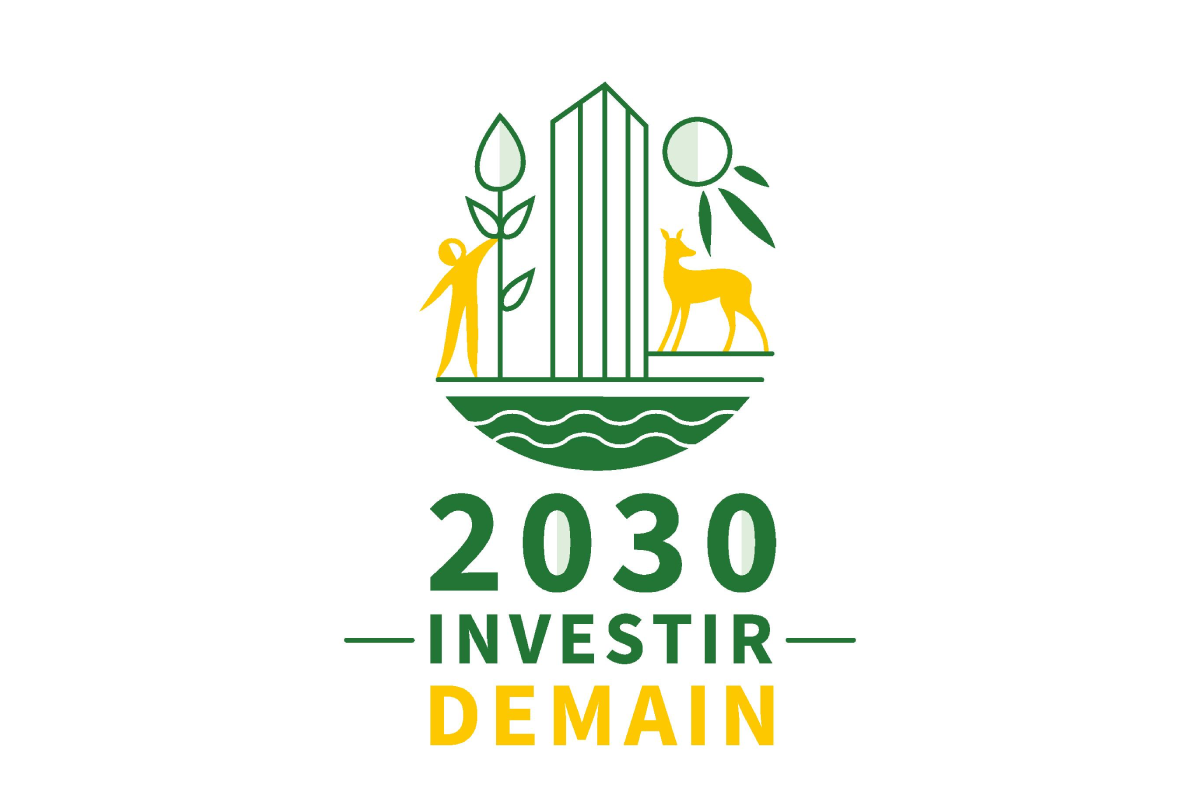
Climate change is becoming increasingly important for institutional investors, not only because of regulatory change, but also because of the risks involved. But what are the measures of the climate footprint of investments? How can climate protection and decarbonization be integrated into institutional portfolios? And how are the characteristics and performance of these portfolios affected by climate-related considerations?
 ;
;







